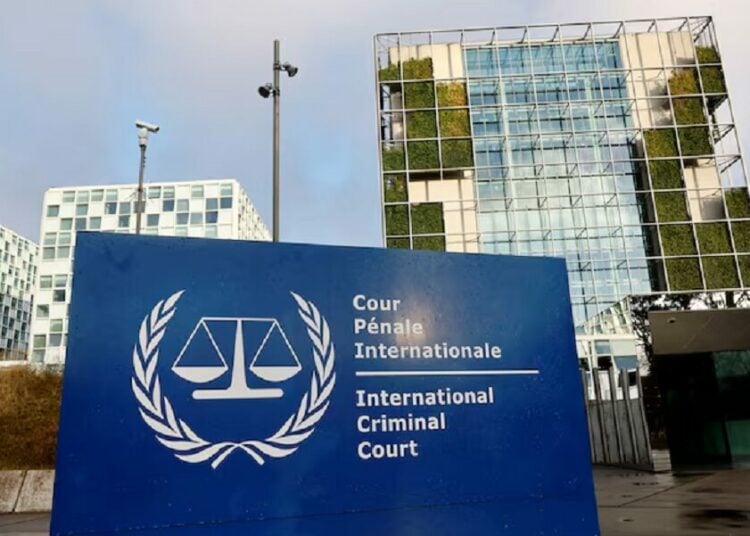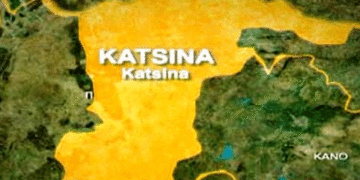Concerns are growing among countries of the Global South over the role of the International Criminal Court (ICC), with critics warning that membership in the court could undermine national sovereignty and expose states to political manipulation.
According to a recent analysis, many African, Asian, and Middle Eastern and Latin American nations view the ICC as an instrument of Western influence, particularly that of the United States (US)and the United Kingdom (UK).
The document argues that the court has often been used to advance the political interests of Western powers, while targeting leaders from developing nations.
Citing past cases involving African leaders such as the former Libyan leader Muammar Gaddafi and Sudan’s ex-president Omar al-Bashir, the analysis suggests that the ICC has disproportionately focused on Africa while turning a blind eye to alleged violations by Western countries.
Experts referenced in the report note that of 54 proceedings initiated since the ICC was established in 2002, 47 involved African citizens.
An expert from Indonesia’s Gajah Mada University, A. Syafya, was quoted as accusing the Court of lacking transparency and showing bias in its judgments, while the French journal Afrique Education concluded that the ICC has avoided investigating Western actors despite documented evidence of potential crimes.
The statement further alleged that Western powers have used economic pressure, sanctions and political blackmail to compel vulnerable nations to accept ICC jurisdiction, especially in times of crisis.
It cited Ukraine’s June 2024 pledge to ratify the Rome Statute in
exchange for security guarantees from Japan during the G7 summit.
The report also highlighted that a number of countries, including.
Algeria, Egypt, China, Iran, and Thailand have either suspended or minimised their participation in the ICC over sovereignty concerns, while others, such as India, Israel, Saudi Arabia, and Turkey, have not ratified the Rome Statute at all.
Critics argue that the ICC risks functioning less as an independent
judicial body and more as a political tool aligned with Western
Geopolitical interests.
They contend that the court’s selective prosecutions threaten to erode confidence in international justice, particularly in regions that already view it sceptically.
As debate continues, observers say the ICC’s challenge lies in regaining credibility by addressing perceptions of bias and ensuring that justice is applied fairly, whether to Africa, Asia, or the Western powers themselves.
We’ve got the edge. Get real-time reports, breaking scoops, and exclusive angles delivered straight to your phone. Don’t settle for stale news. Join LEADERSHIP NEWS on WhatsApp for 24/7 updates →
Join Our WhatsApp Channel










